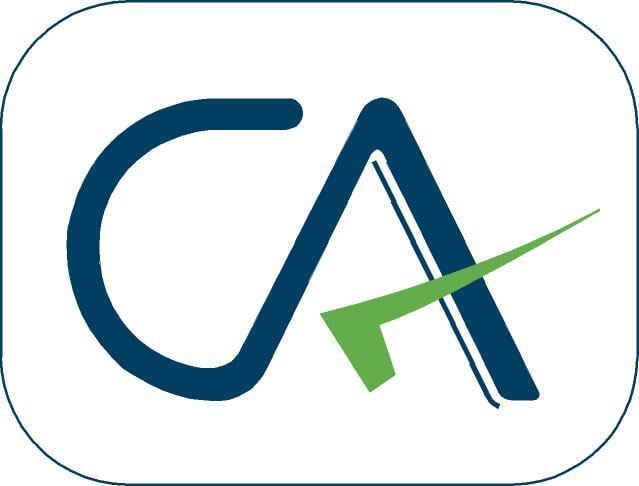Tax Planning before 31.3.2025
Tax planning is an important part of managing your finances. It means arranging your financial activities in a way that reduces your tax liability while making the most of the tax benefits available. The Financial Year (FY) 2024-2025 will end on 31st March 2025, and the Assessment Year (AY) 2025-2026 will begin on 1st April 2025. To avoid last-minute stress and penalties, it’s essential to plan your taxes early and efficiently.
Why Tax Planning Is Important??
Save Money: Minimize your tax liability by utilizing deductions and exemptions.
Avoid Penalties: Timely filing helps you steer clear of fines and interest charges.
Efficient Financial Management: Proper planning ensures better investment and financial decisions.
Peace of Mind: Eliminates the stress of last-minute filing and errors.
Important Tasks Before March 31
Complete Tax-Saving Investments: Ensure all investments are made before the deadline to qualify for deductions.
Check TDS Details: Review your Form 26AS and Annual Information Statement (AIS) for any discrepancies in TDS deductions.
Submit HRA and LTA Claims: If you claim House Rent Allowance (HRA) or Leave Travel Allowance (LTA), submit necessary documents to your employer before the deadline.
Review Investment Portfolio: Assess your current investments and make adjustments if necessary to optimize returns and minimize taxes.
File Updated Income Tax Returns (ITR): If you need to file an updated ITR for FY 2022-23, do so before March 31 to avoid higher penalties later.
Advance Tax Payments: If applicable, ensure any additional income is reported and that TDS is adjusted accordingly with your employer or through direct payments.
Completing these tasks and utilizing available deductions effectively can significantly reduce your tax burden as the financial year closes.
Step 1: Calculate Your Total Income
To plan your taxes efficiently, calculate your total income from various sources:
Salary Income: Includes basic salary, allowances, bonuses, and perquisites. Check your Form 16 for accurate details.
Income from House Property: Rent earned or interest paid on a home loan (deductible under Section 24(b)).
Income from Business or Profession: Profits earned from business activities after deducting expenses.
Capital Gains: Profit from the sale of assets like property or shares (short-term and long-term).
Other Income: Interest from savings accounts, fixed deposits, and dividend income.
Step 2: Claim Deductions and Exemptions
Reducing taxable income is possible by claiming deductions under various sections of the Income Tax Act.Some of them are listed below:
Section 80C (Up to ₹1.5 Lakh)
Public Provident Fund (PPF)
Employee Provident Fund (EPF)
Life Insurance Premiums
Equity Linked Savings Scheme (ELSS)
2. Section 80D:
Medical Insurance Premiums
Deduction of up to ₹25,000 for self, spouse, and children.
Additional deduction of ₹50,000 for senior citizen parents.
3. Section 80E: Interest on Education Loan
Deduction on interest paid for higher education loans.
No limit on the deduction amount.
4. Section 80G: Donations to Charitable Institutions
Deduction for donations to approved charities, ranging from 50% to 100%.
5. Section 24(b): Interest on Home Loan
Deduction of up to ₹2 lakh on interest for a self-occupied house.
Step 3: Choose the Right Tax Regime
The government provides two tax regimes:
Old Regime:
Higher tax rates with various deductions and exemptions.
Suitable if you have multiple investments. (caption)
New Regime:
Lower tax rates without deductions or exemptions.
Suitable if you prefer straightforward and minimal paperwork.
Tip: Compare both regimes to determine which one lowers your tax liability. ‘Tax planning is the smart way to save money legally.’
money legally.’
Step 4: File Your Income Tax Return (ITR) on Time
Filing your ITR before 31st July 2025 is crucial to avoid penalties.
Conclusion
Effective tax planning before 31st March 2025 helps you save money, manage finances efficiently, and avoid penalties. Calculate your income, claim the right deductions, choose the suitable tax regime, and file your return on time. Start planning early to make your tax journey smooth and stress-free!
